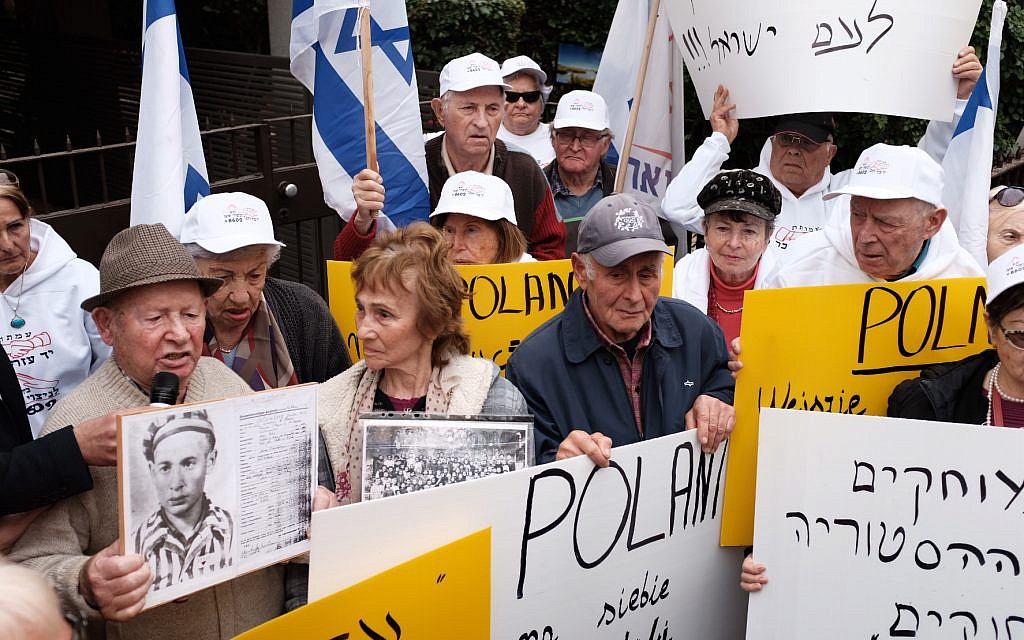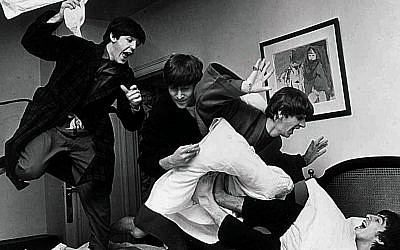 DALEJ JEST NOC. Losy Żydów w wybranych powiatach okupowanej Polski
DALEJ JEST NOC. Losy Żydów w wybranych powiatach okupowanej Polski
Centrum Badań nad Zagładą Żydów

DALEJ JEST NOC. Losy Żydów w wybranych powiatach okupowanej Polski
red. Barbara Engelking, Jan Grabowski
Barbara Engelking, Tomasz Frydel, Jan Grabowski, Dariusz Libionka, Dagmara Swałtek-Niewińska, Karolina Panz, Alina Skibińska, Jean Cherles Szurek, Anna Zapalec,
Wiosną 2018 roku ukaże się dwutomowe wydawnictwo będeące podsumowaniem kilkuletniego projektu badawczego realizowanego przez Centrum Badań nad Zagładą Żydów pt. Strategie przetrwania Żydów podczas okupacji w Generalnym Gubernatorstwie, 1942-1945. Studium wybranych powiatów
Jedną z najważniejszych konkluzji wynikających z kilku lat badań „żydowskich strategii przerwania” jest bogactwo obserwacji dotyczących stopnia przedsiębiorczości, własnej inicjatywy Żydów w obliczu Zagłady. Uderzają determinacja, mobilność, odwaga, z jaką ofiary podjęły walkę o życie własne oraz najbliższych. Z chwilą rozpoczęcia akcji likwidacyjnych, kiedy mało kto mógł żywić nadal jakiekolwiek złudzenia co do ostatecznych celów polityki niemieckiej, Żydzi zintensyfikowali desperacką walkę o przetrwanie.
Z jednej strony w domach oraz pod domami budowano schowki i bunkry, a w podwójnych ścianach i na strychach urządzano przemyślne kryjówki. Z drugiej – nawiązywano kontakty ze stroną aryjską, których celem było znalezienie pomocy i kryjówki. Tam, gdzie było to możliwe, powstawały siatki przerzutu za granicę, zwłaszcza na Słowację i Węgry.
We wszystkich zbadanych przez nas powiatach najwięcej Żydów szukało pomocy nie w miasteczkach, ale w pobliskich wsiach – w domach swoich sąsiadów. Możliwość przetrwania w ogromnym stopniu zależała od chęci pomocy tychże sąsiadów – chrześcijan, od tego, czy byli w stanie przełamać strach wobec zagrożenia, jakie stanowili dla wspólnoty wiejskiej ukrywający się Żydzi.
Nie sprzyjały temu obowiązujące normy grupowe, obecny wszędzie antysemityzm ani mechanizmy konformizmu społecznego. Tym bardziej podziwiać należy tych, którzy potrafili przeciwstawić się nie tylko niemieckim przepisom prawnym, lecz także pisanym i niepisanym regułom życia grupowego.
Wymowa liczb jest nieubłagana: dwóch spośród każdych trzech Żydów poszukujących ratunku – zginęło. Zamieszczone w tomach opracowania dostarczają dowodów wskazujących na znaczną – i większą, aniżeli się to dotychczas wydawało – skalę uczestnictwa Polaków w wyniszczeniu żydowskich współobywateli.
„Drogie Dziecko, wybaczam Ci i niech Ci też Bóg przebaczy. Schodzę z tego świata jako ofiara dla Ciebie, ażebyś Ty mógł dalej żyć. Adam Wonszyk, ten. Co woził cegły, kiedy budowaliśmy nasz dom, był u mnie, przez kraty rozmawiałem z nim. Powiedział mi, że możesz przyjść do niego, on Cię przechowa. Powiedział też, że szkoda, że my wszyscy nie przyszliśmy wcześniej do niego. Dbaj o siebie, jedz i pij tak, żebyś mógł przetrwać tę gehennę. Uważaj, żebyś się nie przeziębił. Może nam się uda jeszcze wydostać z aresztu i pozostać przy życiu. To są ostatnie słowa Twego ojca, który jest ofiarą po to, żebyś Ty żył”.
List pożegnalny do Szmula Malera, napisany przez jego ojca, złapanego w kryjówce w czasie likwidacji we Frampolu 2 listopada 1942 r i przetrzymywanego przez kilka dni w lokalnej szkole, zanim wszyscy wyłapani w okolicy Żydzi zostali rozstrzelani na cmentarzu żydowskim
Zawartość publikowanych artykułów i materiałów nie reprezentuje poglądów ani opinii Reunion’68,
ani też webmastera Blogu Reunion’68, chyba ze jest to wyraźnie zaznaczone.
Twoje uwagi, linki, własne artykuły lub wiadomości prześlij na adres:
webmaster@reunion68.com






